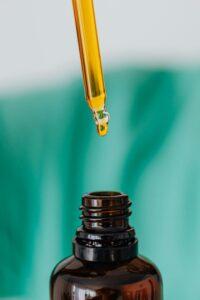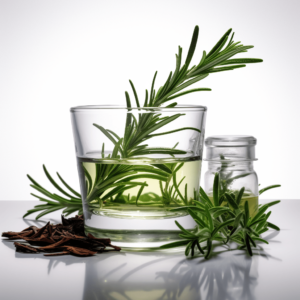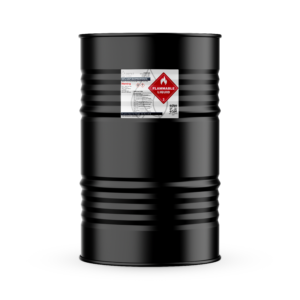
Understanding Industrial Solvents and Their Common Uses
Understanding Industrial Solvents and Their Common Uses Understanding industrial solvents and their chemical compounds that are widely used in various

Understanding Industrial Solvents and Their Common Uses Understanding industrial solvents and their chemical compounds that are widely used in various

Is Ethanol or Isopropyl Alcohol Better for Lab Electronics? When cleaning lab electronics, is Ethanol or Isopropyl Alcohol Better for

Rick Simpson Oil (RSO): Potential Benefits and Process Rick Simpson Oil (RSO) is a cannabis extract that has gained popularity

Organic Solvent Disposal: Best Practices for Overall Safety The best practices for overall safety for organic solvents are commonly used

Botanical Extractions: The Value of Ethanol and How to Use It Botanical extracts have been an essential part of herbal

Which Industries and How To Use Isopropyl Alcohol Isopropyl alcohol, also known as rubbing alcohol or IPA (isopropanol), is a